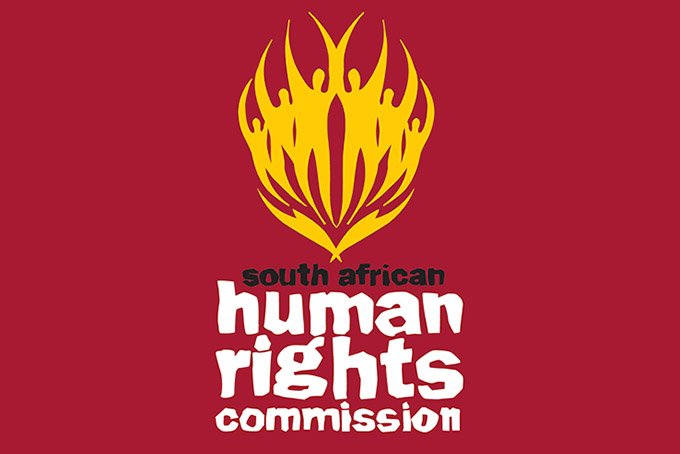LISTEN: Most complaints about racism, says SAHRC
Updated | By Gaopalelwe Phalaetsile
The South African Human Rights Commission says out of all human rights violation complains it receives involve racism.

Of the 705 cases of inequality the commission dealt with in the 2016/17 financial year, 486 were from black South Africans who, according to the commission's senior legal officer Alexandra Fitzgerald, experience racism often.
The commission released its annual trends report for the 2016/17 financial year, which focuses on the different types of human rights violations which are brought before the commission.
“The report will reflect that the vast majority of these complaints are related to allegations of racial discrimination against black South Africans. Race-based discrimination presents the greatest challenge to the work of the commission, as evidenced by the volume and frequency of race-related complaints received by provincial offices and our head office. The volumes increased dramatically since 2015 only to dip slightly in 2016/17,” said Fitzgerald
While the race-based violations remain the highest number of complaints, there was a decline in 2016/17 from 505 in 2014/15.
Gauteng recorded the highest number of racism complaints at 183, followed by KwaZulu-Natal at 163 and Free State at 42.
Most of the cases were dealt with using an alternative dispute resolution between the parties.
The commission also recorded an increase in the number of complaints related to the lack of basic service delivery such as healthcare, food, water, and social security.
The number of complaints were above 5000 from the 2012/13 financial year and decreased in the next financial year and increased to 5012 in 2016/17 from 4663 in the previous year.
“There was also an uptake of a different kind of case that we have been increasingly involved in. That concerns interrogating practices in the financial sector, particularly where those practices are harmful towards vulnerable and marginalized communities. We have been involved challenges against systems of business lending, defaulting debtors and specific practices that cause financial harm especially in the context of endemic unemployment and deepening poverty in South Africa,” said Fitzgerald.
The commission says it experiences a challenge of non-compliance, especially from government.
“There is a general lack of awareness of human rights and responsibilities within the public service which results in delays in implementing our recommendations, especially where they are aimed at long-term collective reforms. So, noncompliance for us is probably our most serious issue it compromises the prospects of attaining a culture of human rights in organs of state,” said Fitzgerald.
She says they, however, have many mechanisms including subpoena powers to ensure recommendations are implemented.
Fitzgerald said the report shows that the legacies of apartheid are lingering on 25 years after democracy and the current mechanisms which are in place to transform the country are not working as they should.
Show's Stories
-
Dad tries to have honest conversation with his 2-year-old
"I just wanted to have a conversation with you today...This morning you ...
The Workzone with Alex Jay 13 hours ago -
Winter playground returns to Melrose Arch
Take the kids out this weekend, visit the Melrose Arch Winter playground...
The Workzone with Elana Afrika-Bredenkamp 13 hours ago